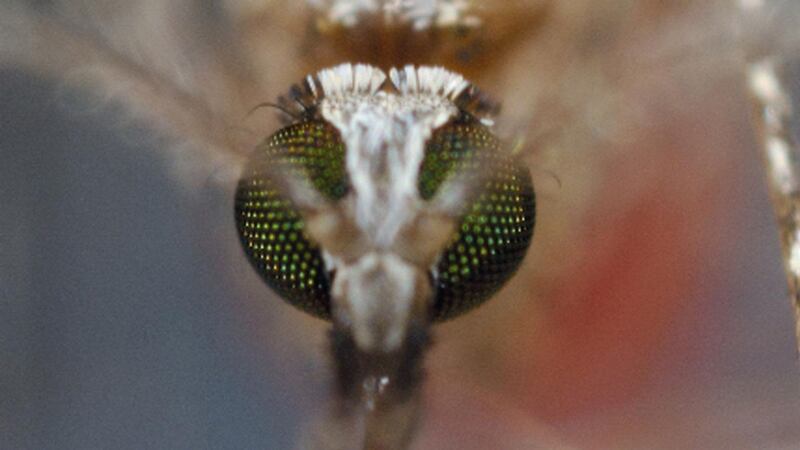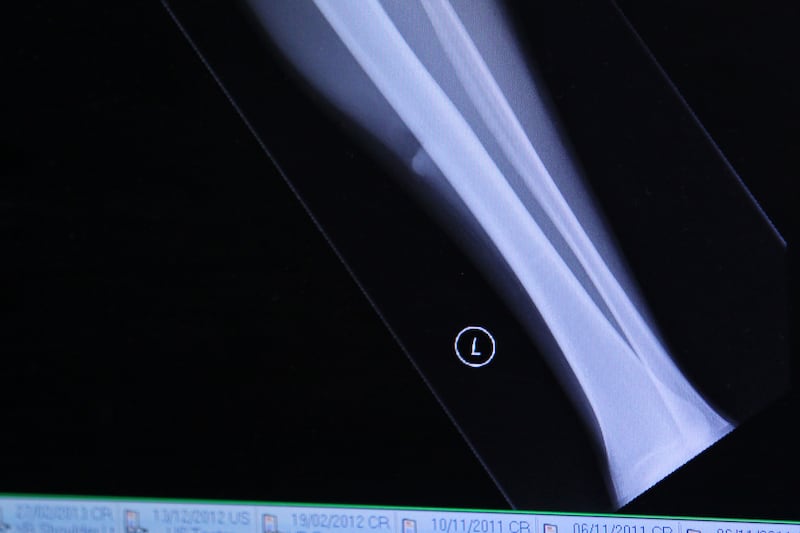Global warming could indirectly lead to a greater threat from mosquito-borne diseases, a study has found.
Rising carbon dioxide (CO2) levels in the atmosphere are expected to fuel diversity among the insects.
With mosquito species multiplying, the chances of some of them being carriers of infectious disease is increased.
The blood-sucking insects are attracted by the carbon dioxide exhaled by mammals.
But as ambient levels of CO2 rise, mosquitoes may be forced to target their hosts by other means, such as vision or particular smells.
This is likely to drive mosquito diversity, according to the scientists, who believe they have mapped the same trend in the past.
Professor Matthew Wills, a member of the research team from the University of Bath, said: “It’s only the female mosquitos that take a blood meal, and they use the CO2 that mammals and other vertebrates exhale as a very general cue to locate their hosts.
“One line of thinking is that as ambient levels of atmospheric CO2 rose, mosquitoes may have found it increasingly difficult to distinguish between the CO2 from their hosts and those background levels.
“Vision, body heat and other smells might then have become more important in locating their blood meals, but many of these cues tend to be more specific to particular hosts.
“As a general rule, we know that a strong host specificity can be an important driver of speciation in parasites, and the same may be true in mosquitoes.”
The scientists constructed an evolutionary tree of mosquito species and mapped it against climate change trends.
They then used a mathematical model to look at cause and effect which revealed that over time rising CO2 levels had led to an increase in mosquito species.
Many mosquito-borne infections have been eradicated in large areas of Europe, while diseases such as malaria, yellow fever, Zika and dengue fever remain a serious problem in much of Asia and Africa.
Lead scientist Dr Katie Davis, from the University of York’s Department of Biology, said: “With increased speciation … comes the added risk of disease increase and the return of certain diseases in countries that had eradicated them or never experienced them before.”
The findings are published in the journal Communications Biology.








